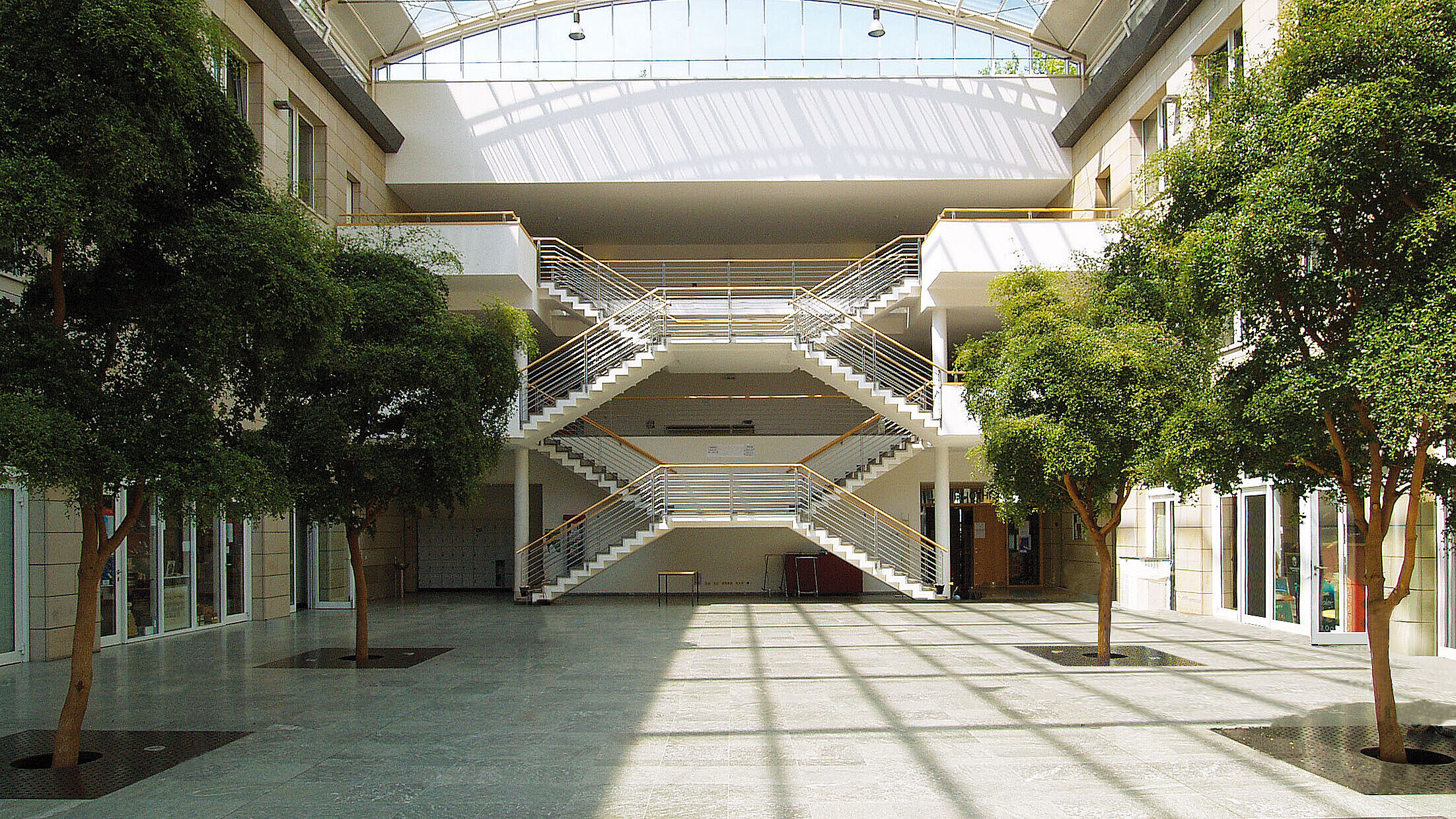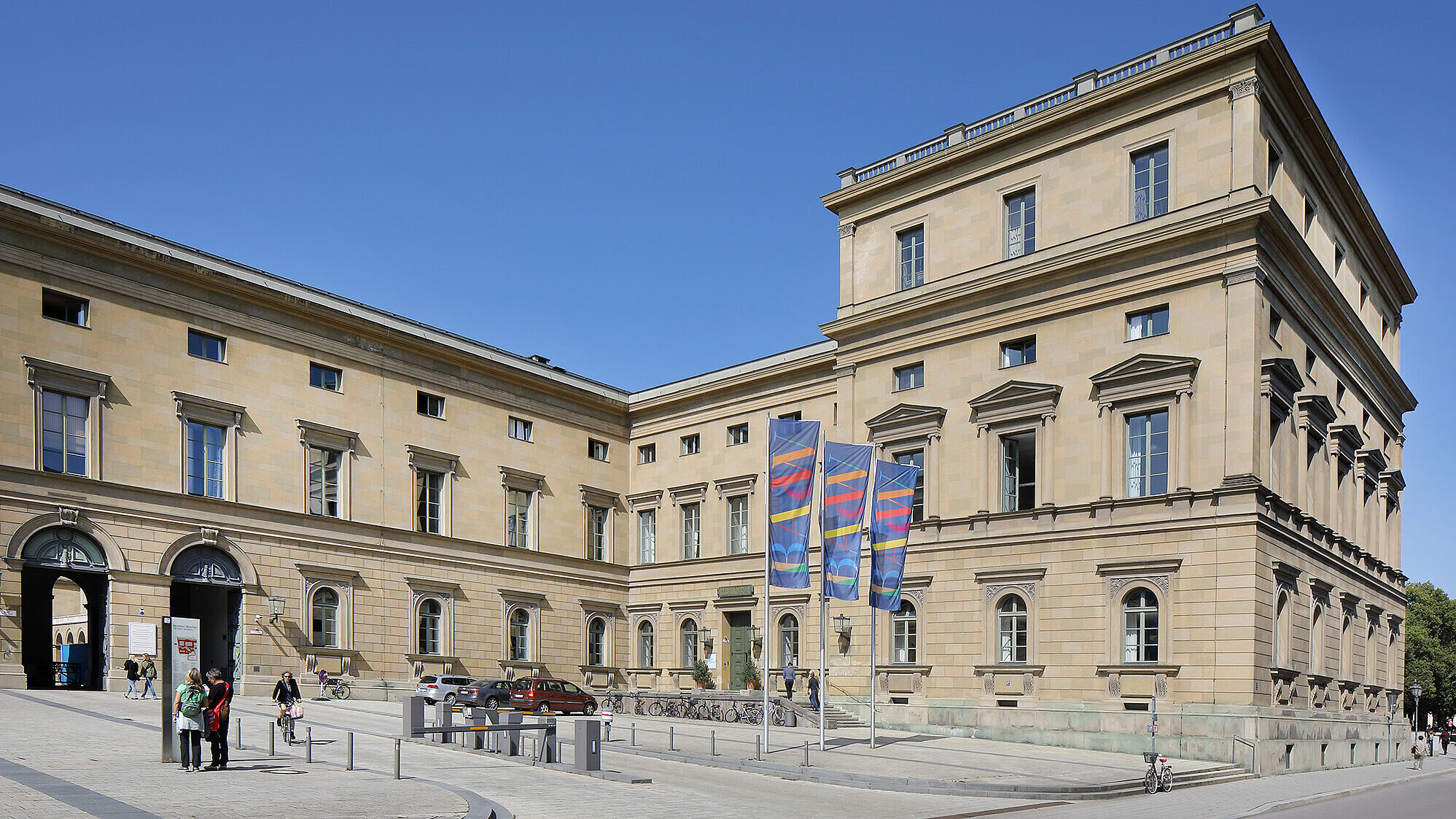
Bavarian Academy of Sciences and Humanities
founded in 1759
The Bavarian Academy of Sciences and Humanities is the largest research-focused state academy in Germany and one of the oldest. It conducts innovative long-term research, provides international and interdisciplinary networking opportunities for scholars, lends its expertise to German politics and society, supports junior scholars and promotes the dialogue between science and the general public. Its research institutes include the Leibniz Supercomputing Centre, the Walther-Meißner-Institute for Low Temperature Research, the Bavarian Research Institute for Digital Transformation (bidt) and the Committee for Bavarian Regional History.
The Academy fosters the outstanding up-and-coming scientists in Bavaria in its young academy.
As a community of scholars and a forum for interdisciplinary intellectual exchange, the academy provides world-class networking opportunities for top researchers. At the same time, it offers outstanding young scientists the chance to learn from their more experienced colleagues. In addition, the academy draws on its expertise to engage with political decision-making processes through its ad-hoc working groups, Technology Forum and Ecology Forum. In 2010, the academy established the Young Academy to support outstanding young scientists in Bavaria. Generous funding from the Bavarian State Ministry for Education and Culture, Science and Art has provided long-term financial security for this initiative. The ongoing process of developing the next generation of scientists does not begin at the postdoc stage, however, but rather at school and undergraduate level.
The academy presents its scientific findings in various publication series and has been making these available free of charge as part of its open-access strategy. Sharing information like this not only benefits scholars, who can use the findings for their own subsequent work, but also members of the general public with an interest in science. The academy organises colloquiums and conferences to facilitate dialogue between scientists from different disciplines. Public events provide an interface between the scientific community and the general public, thus enabling the academy to share its broad scientific expertise with society. Targeted at the general public, the magazine “Akademie Aktuell” is published three times a year and contains news on research and events. The Academy’s online media centre contains films and podcasts about its research projects, members and events.




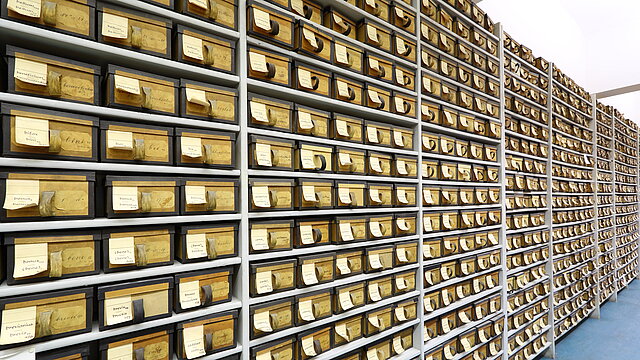
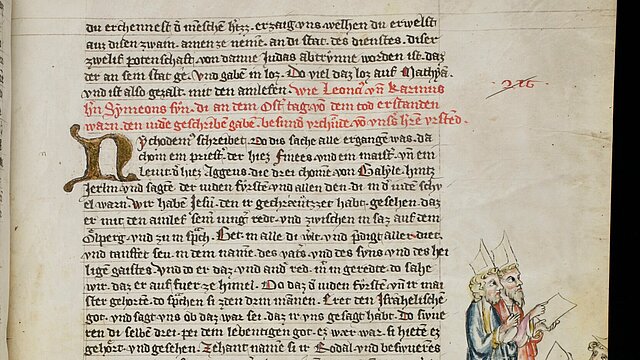
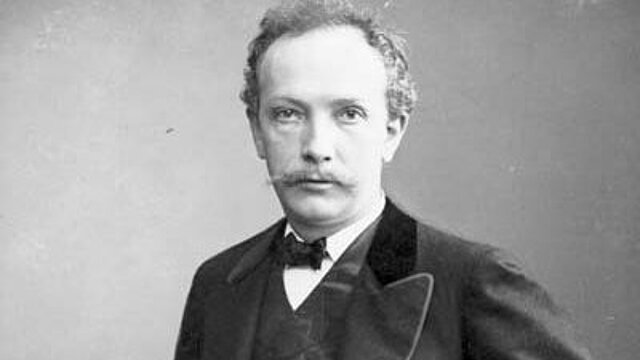
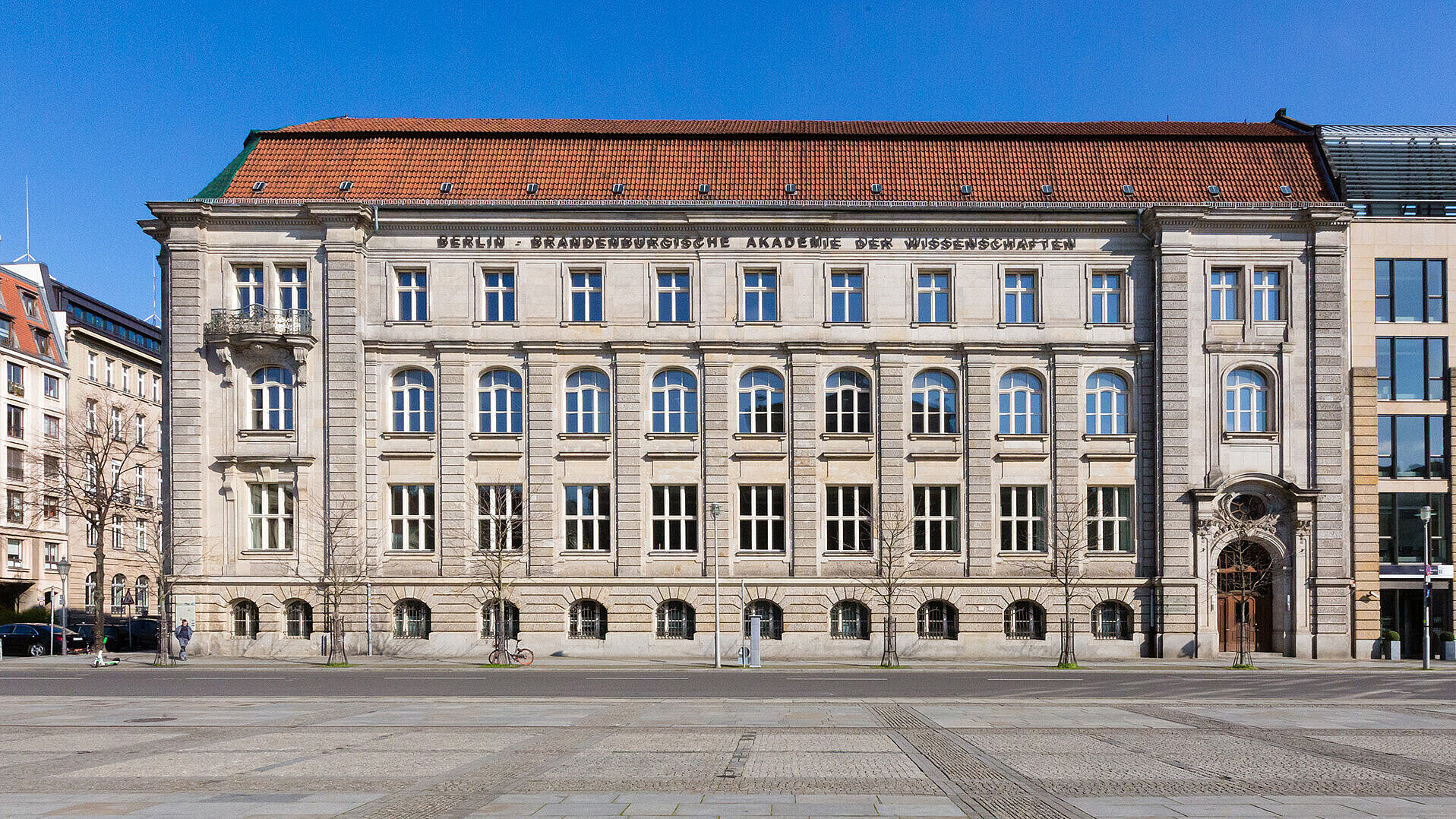

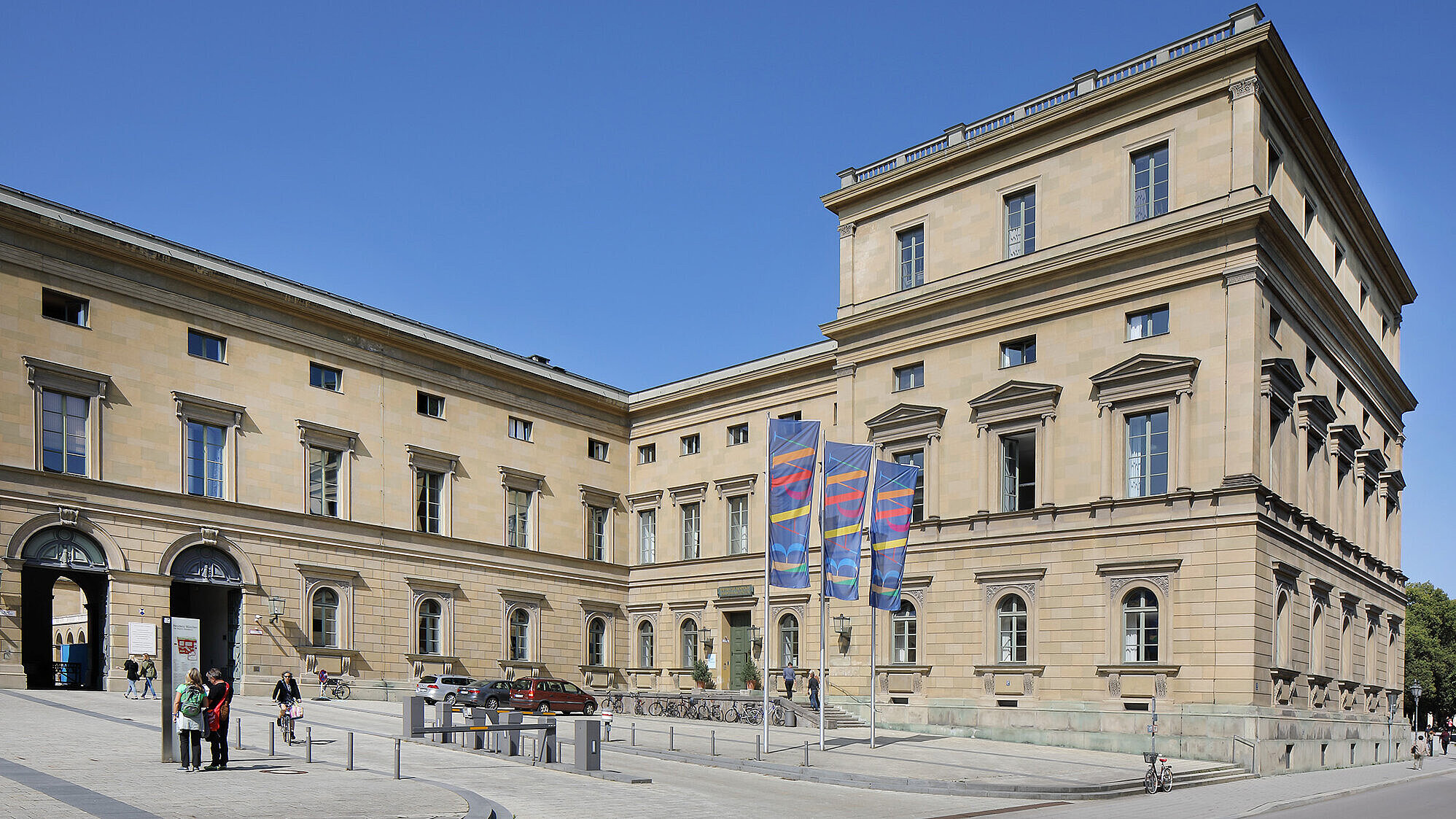
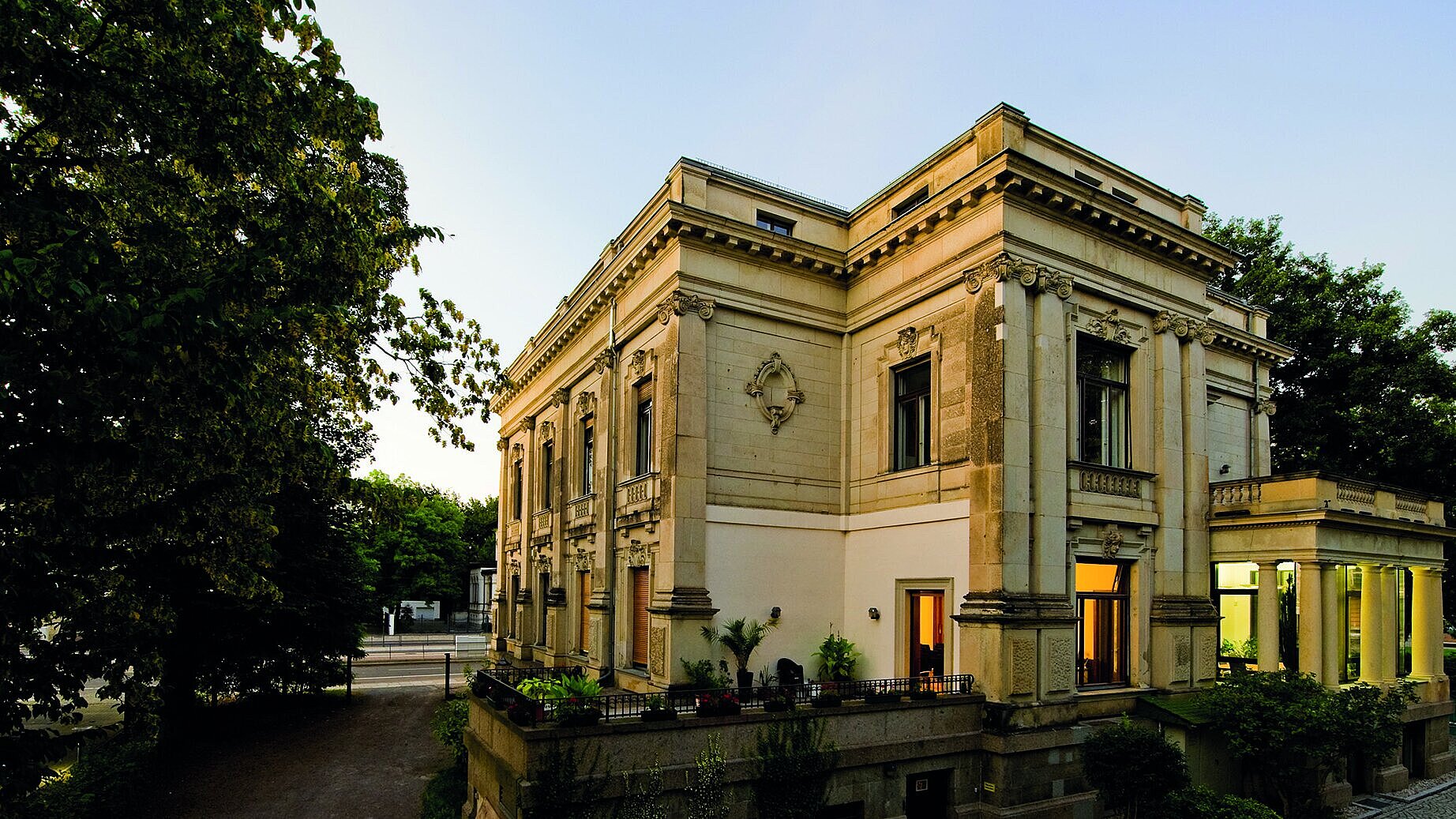
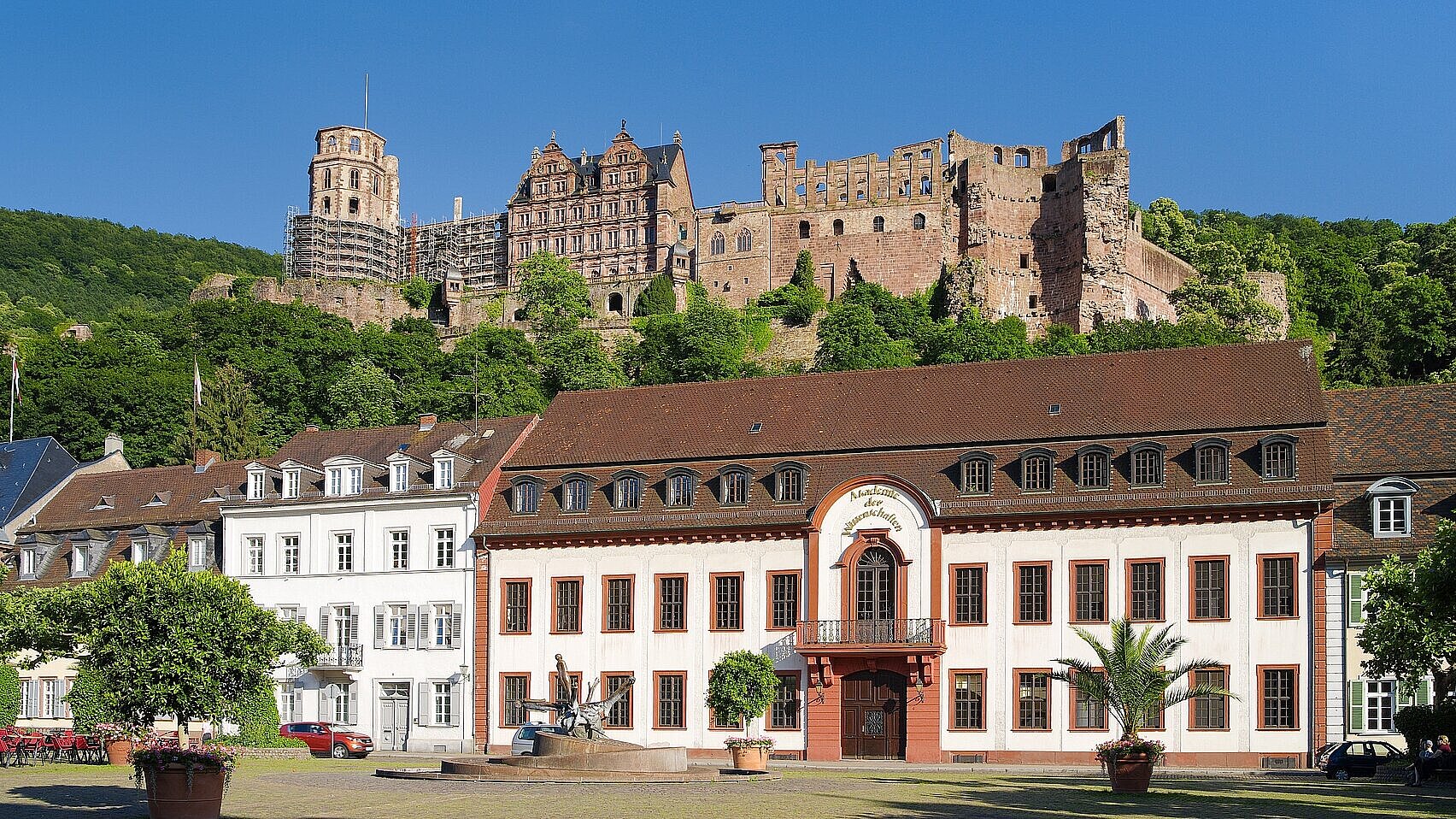
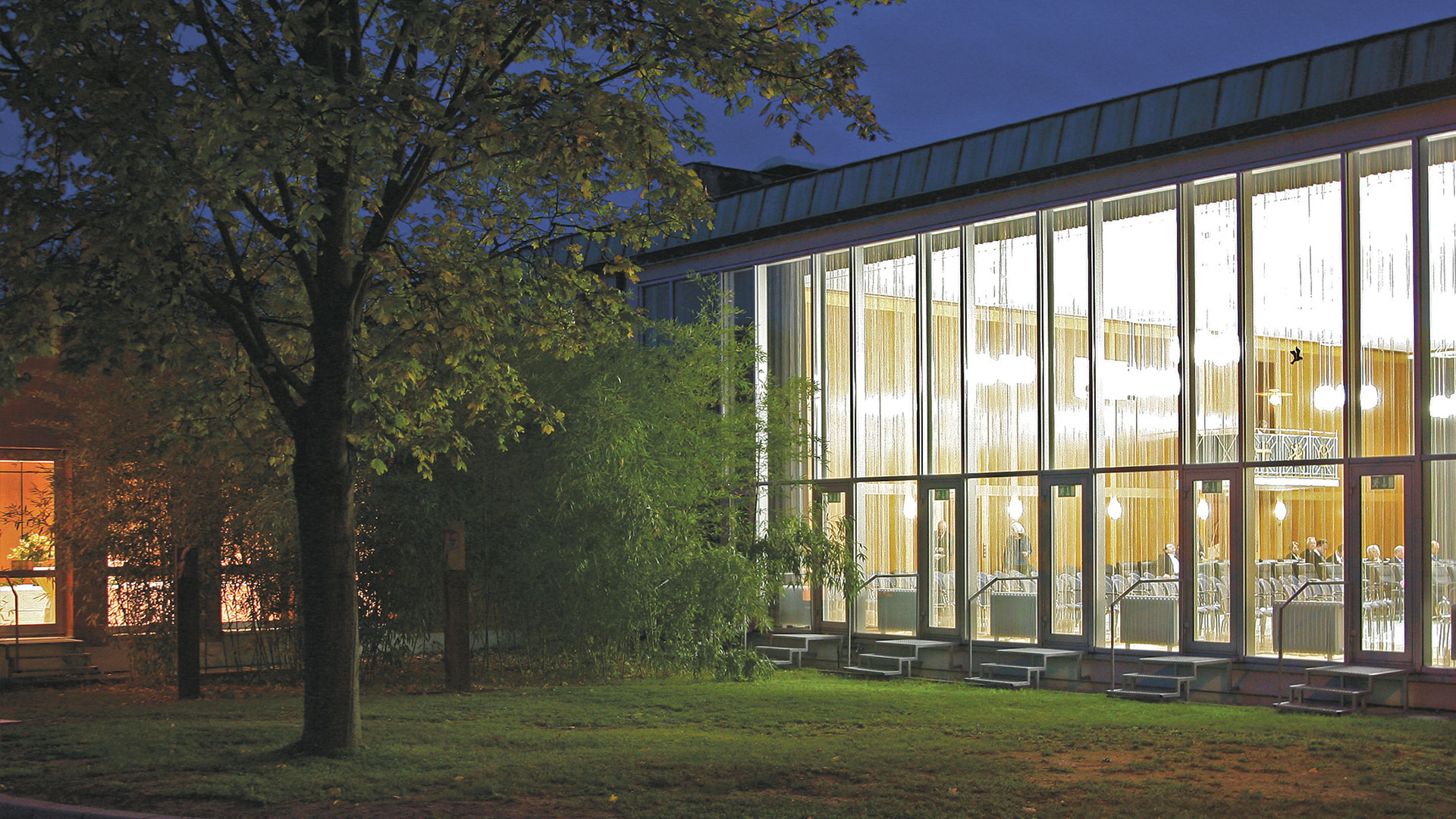
![[Translate to English:] [Translate to English:]](/fileadmin/_processed_/8/b/csm_Akademie_NRW_Copyright_Akademie_NRW_Andreas_Endermann_58ff920ae7.jpg)
